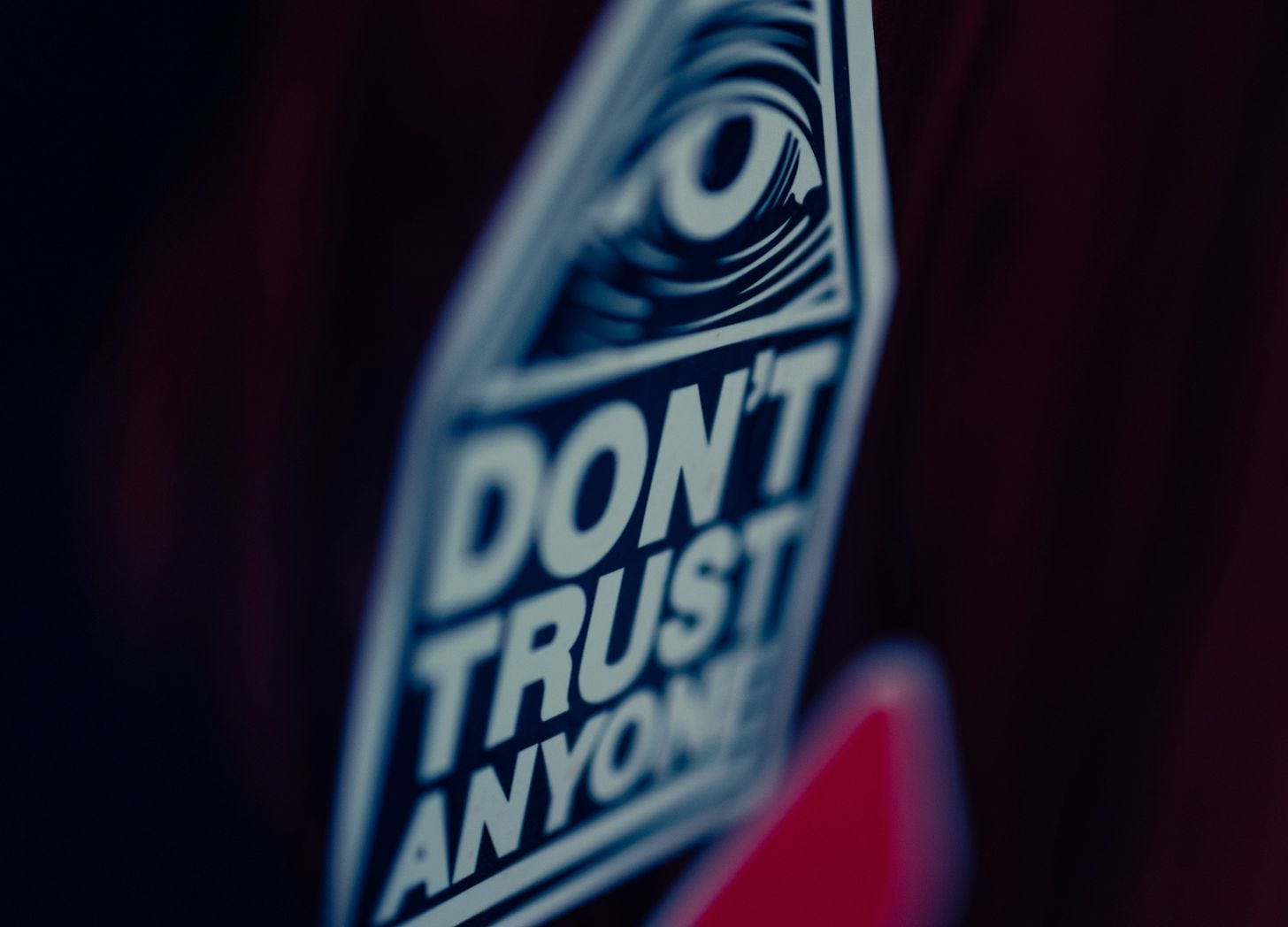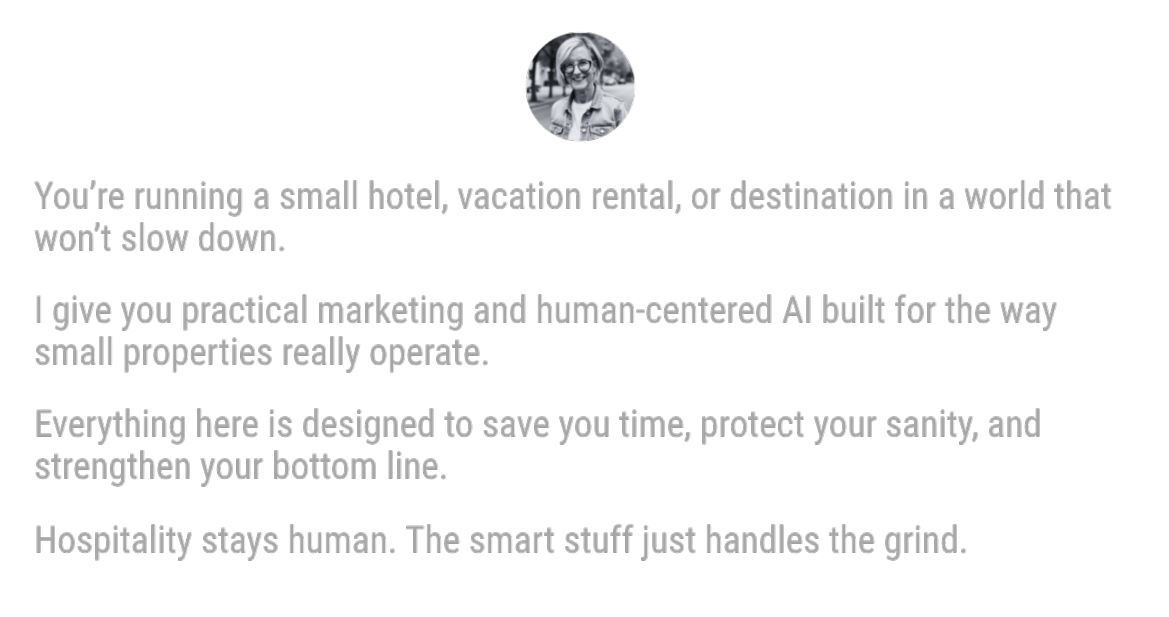The Shift Most Hosts Missed
Guests didn’t suddenly become difficult.
They became careful.
They aren’t browsing for inspiration.
They’re screening for risk.
This matters because most hospitality advice still assumes guests are trying to be impressed.
They aren’t.
They’re trying not to feel stupid for trusting the wrong listing.
How Guests Actually Book Now
They don’t click.
They investigate.
Before they book, most guests:
• Open multiple tabs
• Read the worst reviews first
• Check Google Maps
• Search your business name
• Scan Instagram tags
That’s not comparison behavior.
That’s self-protection.
Your Listing Is Not Marketing Anymore
It’s a trust contract.
Every sentence creates one of two reactions:
“This feels safe.”
or
“This feels risky.”
Your photos are not decoration.
They are evidence.
Your descriptions are not storytelling.
They are promises.
When something feels exaggerated, unclear, or polished instead of honest, the guest doesn’t argue.
They quietly leave.
A Simple Operator Test You Can Run This Week
Before your next guest arrives, try this:
The Trust Gap Test™
• Open your listing
• Find one sentence you cannot physically prove
• Delete it
• Add one honest, unfiltered photo
You’re not trying to impress anyone.
You’re trying to calm them down.
Calm converts.
Where Trust Usually Breaks
Most hosts lose bookings in three silent places:
Photos
Wide angles that distort reality
Filters that fix problems instead of showing them
Descriptions
Words like “luxury” without proof
Words like “quiet” without context
Policies
Buried fees
Confusing refunds
Defensive tone
Fixing even one of these reduces hesitation.
Who This Is For
This is for:
Small hotels
Vacation rentals
Boutique stays
Unique properties
Especially when you’ve noticed:
• Longer booking cycles
• More pre-booking questions
• Guests arriving guarded
• Silent drop-offs before checkout
This isn’t in your head.
This is the new booking psychology.













